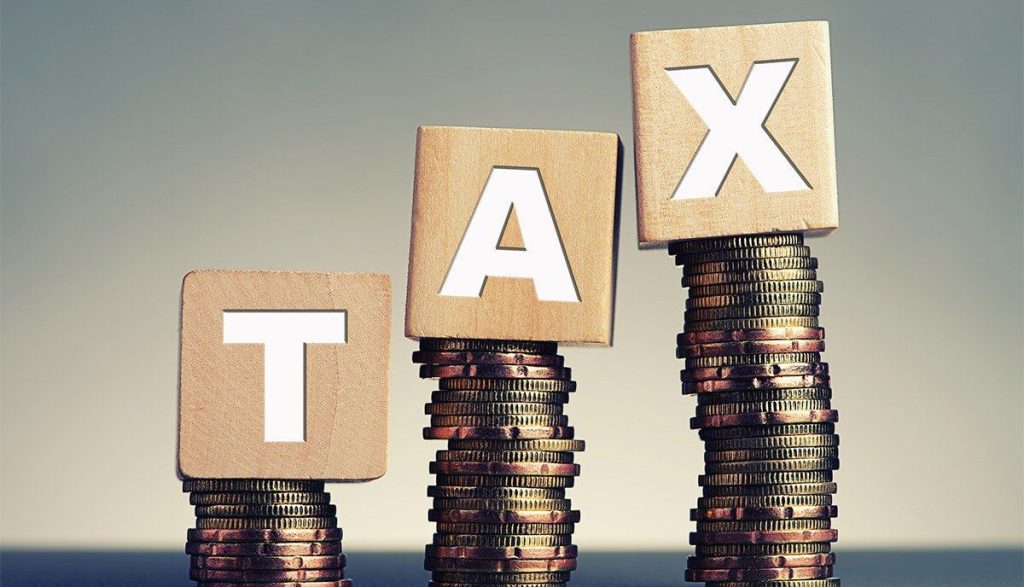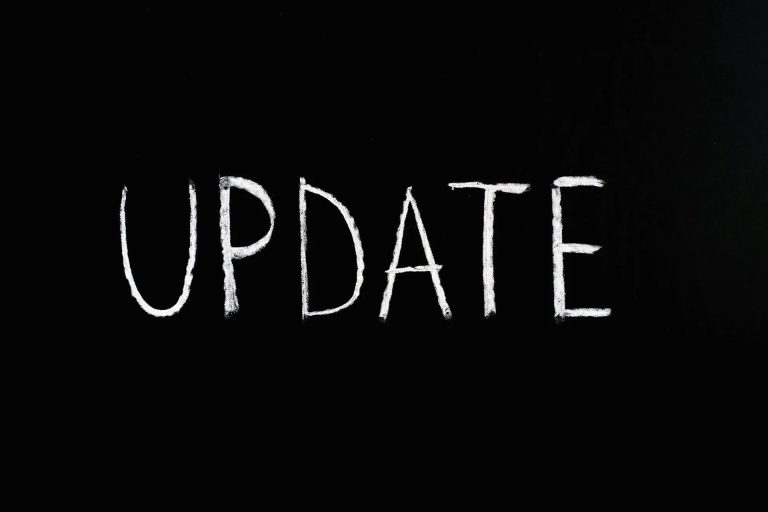Is Your Business an SSTB? (Any Why Do You Care?)
SSTBs and non-SSTBs are subject to different limitations and calculations in determining the deduction.

QBI…199A…SSTB…
These are just a few of the new acronyms being tossed around as part of the recent business tax reform changes (like we don’t already have enough of them to remember!) Out of all the terminology, “SSTB” ( S pecified S ervice T rade or B usiness) seems to be the vaguest and most misunderstood. If you have virtually any type of business entity (except for a C corporation), you need to know what this is and whether or not it applies to you…..it could have HUGE implications come tax time!
The term “SSTB” came about as part of the new Section 199A business deduction (a tax deduction of up to 20% of business profit). SSTBs and non-SSTBs are subject to different limitations/calculations in determining the deduction. Most importantly, if your business is an SSTB and you have taxable income of:
Under $157,500 ($315,000 for joint filers) : Your profit FULLY qualifies for the 20% deduction – EASY!
Between $157,500-$207,500 ($315,000-$415,000 for joint filers) : Your profit PARTIALLY qualifies for the 20% business deduction (reduced – more complex calculation)
Above $207,500 ($415,000 for joint filers) : NONE of your profit qualifies for the 20% business deduction (fully phased out)
So now the big question is….
HOW do you determine if you are an SSTB?
The first part is easy: if your business performs services in ANY of the following areas, you automatically fall into SSTB classification:
- Health (not spas or health clubs)
- Law
- Accounting
- Actuarial Science
- Performing Arts
- Consulting
- Athletics
- Financial Services
- Brokerage Services
After this, the law becomes less clear. IRS also says that any business “where the principal asset…is the reputation or skill of one or more of its employees or owners” is considered an SSTB. Clearly, this is subject to a lot of varying interpretation – would a widget-maker automatically be an SSTB just because his or her widget-making skills are truly the backbone (“principal asset”) of the business?
Thankfully, IRS has limited the meaning of this “catch-all” clause in subsequent guidance, saying that it applies specifically to those engaged in the trade or business of:
- Receiving income for endorsing products/services
- Licensing or receiving income for using one’s image, likeness, name, signature, voice, trademark, or symbol associated with his/her identity
- Receiving fees/income for appearances
For that widget-maker, the business would likely be a non-SSTB, unless the sale of the widgets is directly associated with use of his/her identity. One way to think about it: if the success of your business depends more on YOU and not what you are selling, it is most likely an SSTB. Understanding this classification and how it applies to you is important – it’s the FIRST step in determining how to calculate QBI for purposes of the 20% deduction, and also a critical stepping stone in tax planning. Be sure to consult with your tax preparer for more information!




